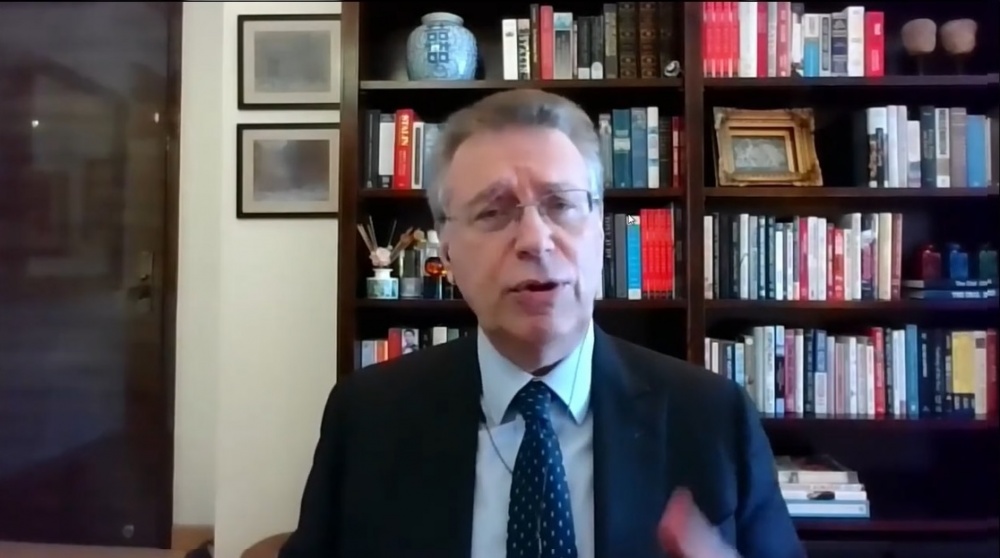Viktor Shvets: Currently the dollar is weak, unless proven otherwise

JAKARTA – Viktor Shvets, Head of Global Strategy Desk at Macquarie Capital, has shared insights on the recent decline in the US dollar's value and its potential trajectory moving forward.
The Dollar Index (DXY) has experienced a significant drop, falling approximately 10% from its peak on December 24, sparking debates about whether the currency is now oversold or if there is further downside potential.
As quoted by Investing.com, Shvets highlighted that non-commercial speculative forex contracts have shifted from bullish positions on the US dollar to bearish positions. Additionally, the Euro has seen a reversal in speculative positions, now favoring the European currency.
Despite the increase or stability in dollar supply and historically high real interest rate spreads against German Bunds and Japanese Government Bonds, the dollar has weakened.
Shvets attributes this depreciation to international market skepticism about US assets as a safe haven. Nevertheless, the US dollar remains dominant in global finance, accounting for the majority of foreign exchange reserves, commercial transactions, non-resident credit, and a significant portion of SWIFT transaction volumes.
US government bonds continue to be the most liquid market, and the US maintains a substantial current account deficit without capital controls.
Despite these strengths, the dollar is still considered overvalued, particularly against the Japanese Yen. Shvets noted that the Federal Reserve has room for several interest rate cuts, with the nominal neutral policy rate likely around 3–3.5%. Meanwhile, the Bank of Japan and the European Central Bank are expected to follow different monetary policy paths.
The Macquarie strategist also pointed out that the US appears to be shifting its approach to global leadership, with chaotic policy changes and a reluctance to provide global public goods. These changes could increase risk premiums and reduce the perceived safety of US dollar assets.
In conclusion, Shvets suggested that the traditional view of the US dollar as a strong currency may need to be reassessed. The uncertainty caused by current administration policies could lead investors to seek alternative currencies, such as the Euro and Yen, potentially limiting the US dollar's appreciation. He argued that the new narrative might be to consider the dollar weak unless proven otherwise. (DH/MT/LM)